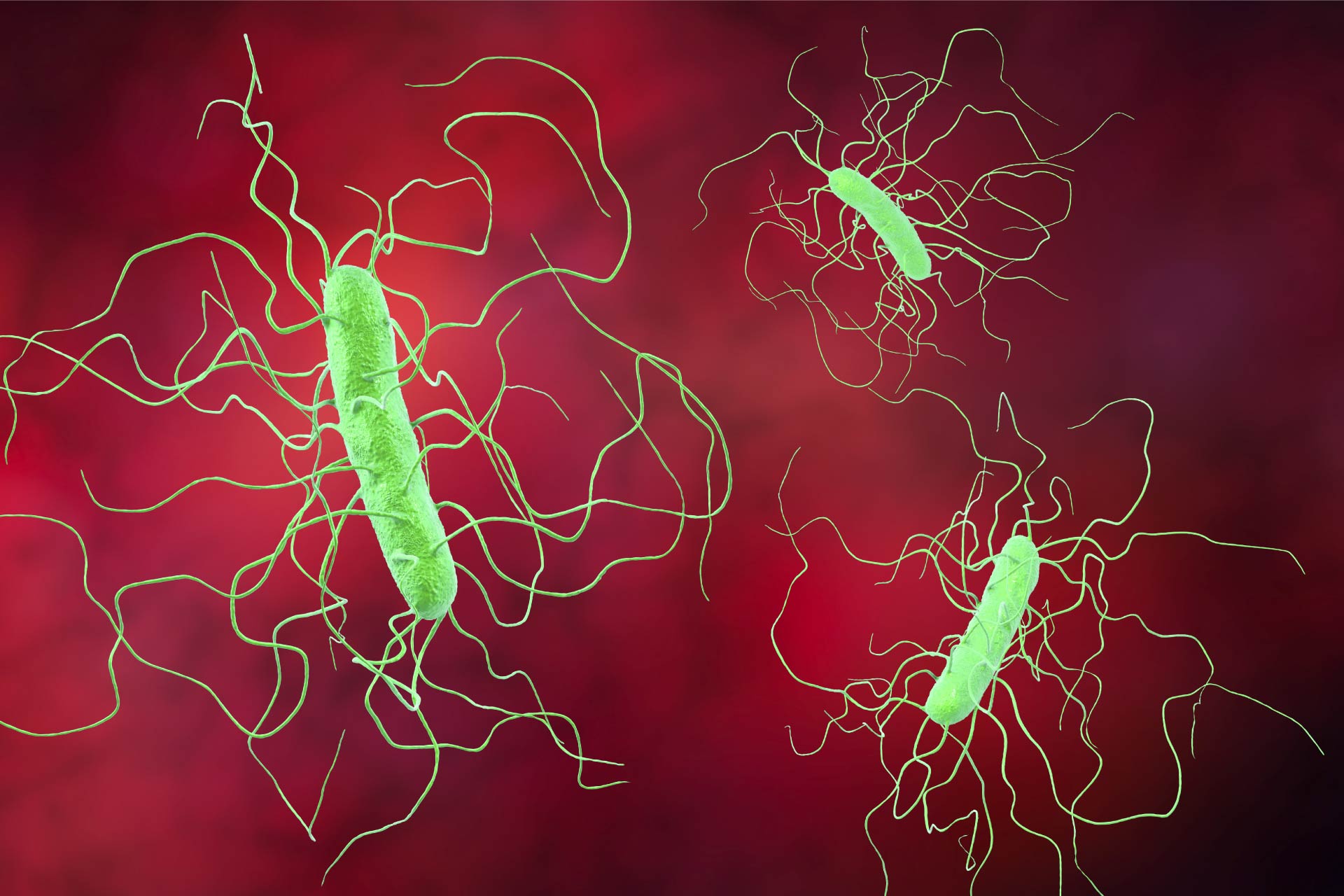• Transplant preparation
• Treating infection
What is already known on this topic
The transfer of gut bacteria between individuals—known as fecal microbiota transplant—has been used to treat people with bowel infections caused by the bacterium Clostridioides difficile (C. diff). But data on the efficacy and safety of the procedure are still limited.What this research adds
Researchers analyzed the clinical outcomes for 124 people who received fecal microbiota transplant. The researchers showed that in 78% of cases, C. diff infection symptoms such as diarrhea stopped and did not return in the 90 days after fecal microbiota transplant.Conclusion
The findings, together with published guidelines and existing evidence, will enable the development of licensed fecal microbiota transplant services. This will allow more equitable access to treatment, the researchers say.
The transfer of gut bacteria between individuals—known as https://microbiomepost.com/fecal-microbiota-transplants-opportunities-and-challenges/fecal microbiota transplant—has been used to treat people with bowel infections caused by the bacterium Clostridioides difficile (C. diff). But data on the efficacy and safety of fecal microbiota transplants are still limited. Now, the largest study of fecal microbiota transplant in the UK shows that the procedure can successfully treat patients with C. diff infection.
Combined with published guidelines and existing evidence, the findings—which are published in EClinical Medicine—will enable the development of licensed fecal microbiota transplant services.
“Our research has successfully shown the benefits of treating recurrent C. diff patients with [fecal microbiota transplant],” says study lead author Lead author Victoria McCune, a clinical scientist at the University of Birmingham. “Our standardized approach to making [fecal microbiota transplant] will improve the quality and safety of this treatment for many more patients,” she says.
Transplant preparation
First, McCune and her colleagues screened anonymous healthy donors through health assessment and microbiological testing of the donated stool. Then, the researchers prepared fecal microbiota transplant aliquots for immediate use or frozen storage, following a protocol that complies with Good Manufacturing Practice.
From March 2013 to September 2016, 124 people were treated with either fresh or frozen fecal microbiota transplant. Most people received fecal microbiota transplant through a plastic tube inserted through the nose, past the throat, and down into the stomach.
Treating infection
People were followed up from clinical records, laboratory data, and telephone questionnaires for 90 days following the transplant. In 78% of cases, C. diff infection symptoms such as diarrhea stopped and did not return after 90 days; 19 people did not respond at day seven after fecal microbiota transplant. Six people received a second fecal microbiota transplant due to disease recurrence.
Three months after the transplant, 78 people were still alive. Minor adverse effects of the procedure were constipation, bloating, flatulence, and abdominal pain. In two cases, a blood infection occurred within 24 hours after the transplant. Both individuals recovered after antibiotic treatment.
The development of a licensed fecal microbiota transplant service at the University of Birmingham will allow more widespread and equitable access to fecal microbiota transplant treatment across the UK’s National Health Service, the researchers say. This may help to treat not only C. diff infection but also ulcerative colitis, inflammatory bowel disease, and other conditions that are linked to the gut microbiota.
“This work has turned an unregulated potentially dangerous method of fecal transplantation into a national service providing rapid, safe regulated, life-saving treatment for a serious disease affecting thousands of patients in the UK,” says study co-author Peter Hawkey.









